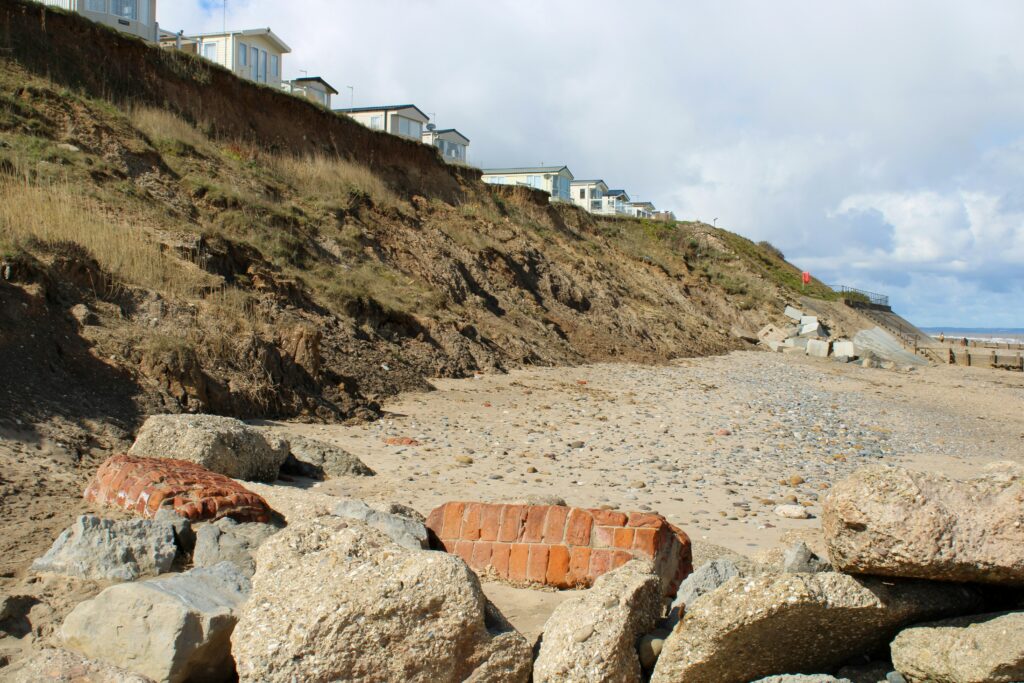Climate change is posing significant challenges to coastal communities around the world, threatening livelihoods, infrastructure, and ecosystems. Rising sea levels, increased storm intensity, and coastal erosion are among the primary impacts of climate change that coastal communities must contend with.
 Rising Sea Levels
Rising Sea Levels
As global temperatures rise, polar ice caps and glaciers melt, causing sea levels to rise. This phenomenon poses a direct threat to coastal communities, increasing the risk of flooding, erosion, and saltwater intrusion into freshwater sources. Low-lying coastal areas and island nations are particularly vulnerable to the impacts of sea level rise.
Extreme Weather Events
Climate change is leading to more frequent and intense weather events such as hurricanes, typhoons, and storm surges. These events can cause devastating damage to coastal infrastructure, homes, and businesses, displacing communities and disrupting economies. The increased frequency and severity of extreme weather events exacerbate the vulnerability of coastal communities.
Coastal Erosion and Habitat Loss
Coastal erosion, exacerbated by sea level rise and storm events, threatens valuable coastal habitats such as wetlands, mangroves, and coral reefs. These ecosystems provide essential services such as coastal protection, biodiversity support, and carbon sequestration, making their loss particularly concerning. Coastal development and human activities further contribute to habitat loss and degradation.
 Community Vulnerability
Community Vulnerability
Vulnerable populations such as low-income communities, indigenous peoples, and small island nations are disproportionately affected by the impacts of climate change. These communities often lack resources and infrastructure to adapt to changing conditions, exacerbating their vulnerability. Social and economic disparities amplify the impacts of climate change on vulnerable coastal communities.
Adaptation and Resilience
To address the challenges posed by climate change, coastal communities must prioritise adaptation and resilience-building measures. This includes implementing coastal protection measures such as seawalls and levees, restoring natural coastal habitats, and incorporating climate considerations into land-use planning and infrastructure development. Investing in community resilience and capacity-building initiatives is crucial for adapting to changing coastal conditions.
Mitigation Efforts
In addition to adaptation measures, reducing greenhouse gas emissions is critical to mitigating the long-term impacts of climate change on coastal communities. Transitioning to renewable energy sources, improving energy efficiency, and promoting sustainable land and resource management practices can help mitigate climate change and safeguard coastal ecosystems and communities. Collective action at local, national, and global levels is essential for addressing the root causes of climate change and protecting coastal communities for future generations.
By understanding the impacts of climate change on coastal communities and taking proactive steps to adapt and mitigate its effects, we can work towards building a more sustainable and resilient future for coastal regions around the world. Collaboration, innovation, and collective action are key to addressing the complex challenges posed by climate change and safeguarding the well-being of coastal communities and ecosystems.






